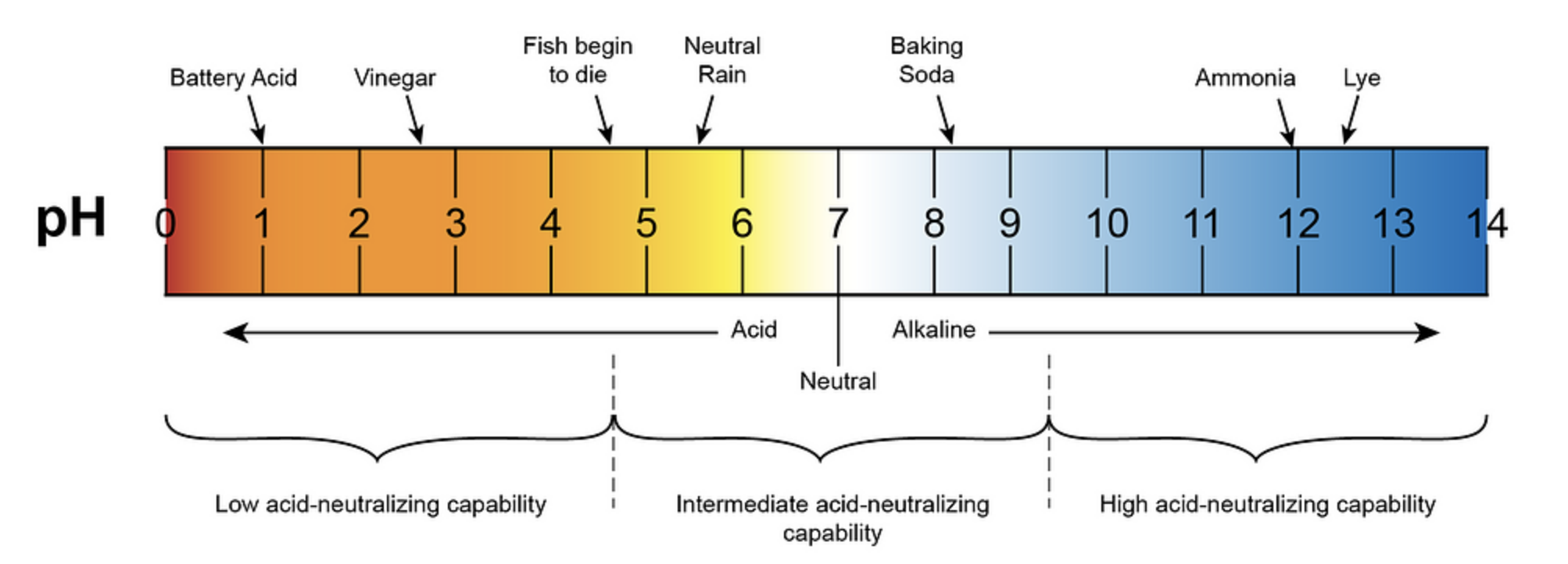Volcanic water is renowned for its exceptional pH levels, ranging from 7.6 to 8.2, making it naturally alkaline. This unique property is a result of the water’s filtration through thousands of feet of porous, volcanic rock, which infuses it with essential minerals and electrolytes such as calcium, potassium, silica, and magnesium.
Understanding the Formation of Volcanic Water
Volcanic water is formed when snowmelt and rain on the peak of active volcanoes, such as Mauna Loa in Hawaii, filter through the porous, volcanic rock. This filtration process enhances the water with a variety of beneficial minerals, transforming it into a naturally alkaline beverage.
The journey of volcanic water begins at the top of the volcano, where precipitation collects and gradually percolates through the volcanic rock. As the water travels through the rock, it dissolves and absorbs various minerals, resulting in the distinctive pH range and mineral profile that characterizes volcanic water.
The Importance of Natural Alkalinity
The natural alkalinity of volcanic water sets it apart from other water sources. Unlike artificially alkaline water, which can be created through various processes, volcanic water’s alkalinity is a result of its natural filtration and mineral content.
Maintaining a balanced pH level in the body is crucial for overall health and well-being. Volcanic water’s alkaline nature can potentially help neutralize acidity in the body, which is often associated with various health concerns.
Exploring the Mineral Composition of Volcanic Water
Volcanic water is not only naturally alkaline but also rich in essential minerals that can provide numerous health benefits. The specific mineral composition of volcanic water can vary depending on the volcanic region and the filtration process, but it typically includes:
- Calcium: Supports bone health and muscle function.
- Potassium: Regulates fluid balance and supports heart health.
- Silica: Promotes healthy skin, hair, and nails.
- Magnesium: Supports energy production and muscle function.
These minerals are naturally present in volcanic water, making it a unique and potentially beneficial water source for those seeking to enhance their overall health and hydration.
Comparing Volcanic Water to Other Water Sources
When it comes to water consumption, it’s important to understand the differences between various water sources. While some water may be artificially alkalinized, volcanic water’s natural alkalinity sets it apart.
| Water Source | pH Range |
|---|---|
| Volcanic Water | 7.6 – 8.2 |
| Purified Water | 6.5 – 7.5 |
| Tap Water | 6.5 – 8.5 |
| Bottled Water | 6.5 – 7.5 |
The higher pH range of volcanic water, compared to other water sources, is a testament to its natural alkalinity and mineral content.
Potential Health Benefits of Volcanic Water
Consuming volcanic water as part of a balanced diet and lifestyle may offer several potential health benefits:
- Hydration: The mineral-rich composition of volcanic water can enhance hydration and support overall fluid balance in the body.
- Immune System Support: The presence of essential minerals like potassium and magnesium in volcanic water may contribute to a stronger immune system.
- Bone Health: The calcium and silica content in volcanic water may help support bone density and strength.
- Skin Health: The silica in volcanic water may promote healthy skin, hair, and nails.
- Acid-Base Balance: The natural alkalinity of volcanic water may help neutralize acidity in the body, supporting overall pH balance.
It’s important to note that while these potential benefits are promising, more research is needed to fully understand the specific health impacts of volcanic water consumption.
Considerations and Precautions
While volcanic water can offer unique benefits, it’s essential to be mindful of potential contaminants or chemicals that may be present. The filtration process through volcanic rock, while effective, is not a foolproof method for removing all impurities.
To ensure the safety and quality of volcanic water, it’s recommended to:
- Research the source and brand of the volcanic water to understand its specific filtration and purification processes.
- Invest in a high-quality water filtration system that can further remove any potential contaminants.
- Regularly test the water to monitor its quality and safety for consumption.
Moderation is also key when it comes to consuming volcanic water. While it can be a beneficial addition to a balanced diet and lifestyle, it should not be the sole source of hydration. Maintaining a diverse and nutritious diet is crucial for overall health and well-being.
Conclusion
The pH of volcanic water, ranging from 7.6 to 8.2, is a testament to its natural alkalinity. This unique property is a result of the water’s filtration through thousands of feet of porous, volcanic rock, which infuses it with essential minerals and electrolytes.
Volcanic water’s natural alkalinity and mineral composition set it apart from other water sources, offering potential health benefits related to hydration, immune system support, bone health, skin health, and acid-base balance.
However, it’s essential to be mindful of potential contaminants or chemicals that may be present in volcanic water. Researching the source, investing in a high-quality filtration system, and regularly testing the water can help ensure its safety and quality for consumption.
By understanding the pH and unique properties of volcanic water, individuals can make informed decisions about incorporating this natural water source into their overall health and wellness routine.
References:
– Waiākea – Hawaii Volcanic Water
– Hawaii Volcanic Water
– The Benefits of Volcanic Water

